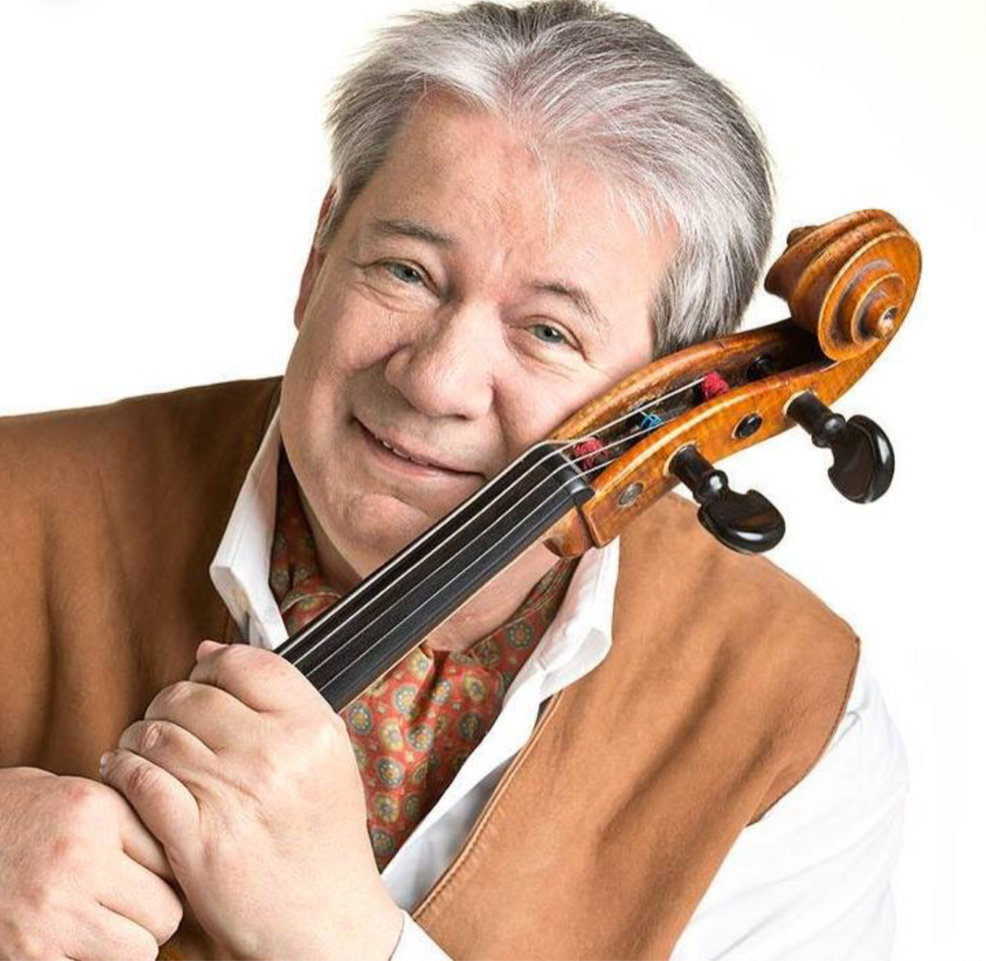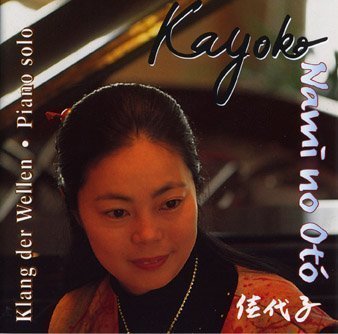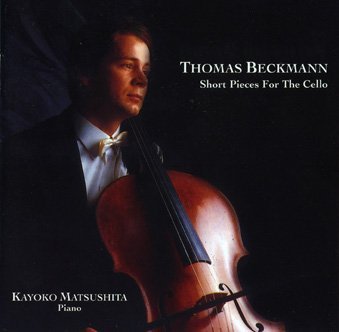
Thomas Beckmann comes from a family of music lovers in Düsseldorf. His great grandfather played trumpet in the military band and was awarded a silver trumpet for his beautiful playing by Germany’s last emperor. Beckmann’s elder brother lives in Munich and is a respected jazz musician. As related to Thomas, he became one of the most famous cellist world wide.
Already as a student, Beckmann’s talent was evident, and he was invited to perform as section leader with several professional orchestras. In 1980, he became a student of Pierre Fournier, one of the most renowned cellists of the last century. After Fournier’s death, Beckmann inherited most of his teacher’s comprehensive musical library. This is the source of the numerous short classical works Beckmann introduces to us, verbally and musically, during his concerts.
In his native country, Beckmann’s name is most often related to his interpretation of Bach’s solo repertoire. From 1986 to 1991 Thomas Beckmann performed extended concert tours in numerous concert halls for enthused audiences worldwide, making his name known as one of the greatest living cellists.
In the summer of 2012, Thomas Beckmann performed in front of the pope for a private audience. His musical career did not hinder him from social activism. In this sense, Thomas is also the winner of multiple awards: Kiwanis-Award for Homeless Support (1997),Werthmann-Medal for Social Commitment (1999), Federal Order of Merit (2002), European Social Awards (). Beckmann’s name is well known and highly respected in Germany. He appears on title page of the major newspapers. His projects are supported by former German President Roman Herzog, and his predecessor, Richard von Weizsäcker, both members of the 13-person foundation, United against Cold(Gemeinsam Gegen Kälte). All major social organizations, unions, and both major churches have joined the initiative.
Style
Many people are still little common with the cello as solo instrument. Its fascinating warm sound deserves a large public: with a sound register spanning five octaves, the violoncello is one of the most varied and most colored instruments. With his sold-out concerts and popular television appearances Beckmann managed to inspire millions of listeners for this instrument.
His teacher, Pierre Fournier, wrote once on Thomas: “Beckmann’s playing on the cello is of incomparable beauty. His warm tone is deeply moving and his motions are of a fascinating fluidity. He has developed a new and very personal way of playing the cello, thus building a bridge for the future of this instrument”.
With his lithe manner of moving over the instrument, he lends the melodies and phrases a lightness unusual for the cello. Beckmann makes this otherwise often sluggish instrument sing, creating music celebrated by the international press as “unmistakable sound” and “golden tone”.
Performance
While cultivated cello evenings increasingly exclude the general public, to the regret of many a dyed-in-the-wool classical music fan, Thomas Beckmann manages with his imaginative concert programs to enthuse large culturally-oriented audiences of all age groups in full auditoriums. One remarkable event has took place in former USSR’s Moscow Palace. This is wait the daily news of the time wrote about the concert: “The German-Japanese duo Thomas Beckmann/Kayoko Matsushita roused the frenetically applauding audience in the hopelessly flooded concert hall to such a degree of enthusiasm that under the massive octave sequences of Chopin’s ‘Introduction and Polonaise’ the Steinway concert grand began to collapse and, on this memorable evening, in front of running TV-cameras, broke its right leg. The Japanese virtuoso finished the last piece of the evening on a tilted grand piano. After the final encore, ‘Elegie’, the Cultural Palace was a veritable witches’ cauldron; the audience jumped onto its seats and tore the programs to confetti.”

Jaro Medien is very happy to present her new solo piano project – Nami no oto (The Sound of Waves). Here, Kayoko successfully demonstrates the influences of Japanese music on the Western music culture. The work is composed of two volumes: Klang der Wellen – Nami no oto Vol.1 (2002) and Klang der Wellen – Nami no oto Vol.2 (2002). You can check them by selecting from the list below:
Below you will find an excerpt of a press release about the special concert that Thomas Beckmann has played in August, 2012 for the Pope Benedikt XVIth:
“[…] The Düsseldorf cellist will be playing in the inner courtyard of Castel Gandolfo on Saturday, August 11th for Pope Benedikt XVIth and his brother Georg Ratzinger, the former director of music of Regensburg Cathedral. The Regensburg vocal ensemble will be singing spiritual works from the German Romantics. The concert will take place in an exclusive setting, in front of 150 specially invited guests.
“The encounter with the Holy Father in this hour of music fills us with deep gratitude. It will lend us new energy for our commitment for people in need”, Beckmann says. The star cellist is a professing Catholic and was an altar boy in his youth. It is his conviction that “without the Church the world would be a poorer place”. The Church has always been a serving one, too, raising its voice worldwide against poverty, discrimination and exploitation. Music is a voice in the service of this goal which is understood all over the globe. After a long period of absence, Beckmann’s seriously ill wife will return from Japan to Europe.
The pianist will play the accompaniment in Beethoven’s Sonata in A-Major. “We enrich with our music, and in return are enriched ourselves” Beckmann believes. Yuko Kasahara, who accompanied Beckmann during Kayoko’s illness, will accompany a piece by Ravel.
Beckmann has given four guest concerts in Regensburg, always in support of the work of Caritas in the Pope’s home diocese. Georg Ratzinger was the patron of those concerts which impressed him deeply. Therefore the concert in Castel Gandolfo is also organised in cooperation with the Caritas of Regensburg, which celebrates the 90th anniversary of its foundation this year. “It gives us great pleasure to be able to offer the Holy Father this gift of music in this year of his 85th birthday. As the Regensburg association of the Caritas we feel a special affinity with the Pope. It is no secret that the Pope is a great lover of music”, Dr. Roland Batz, director of the Diözesan-Caritas, says.“
Published by: Gemeinsam gegen Kälte e.V. and Caritasverband für die Diözese Regensburg e.V.



